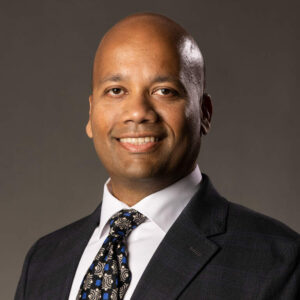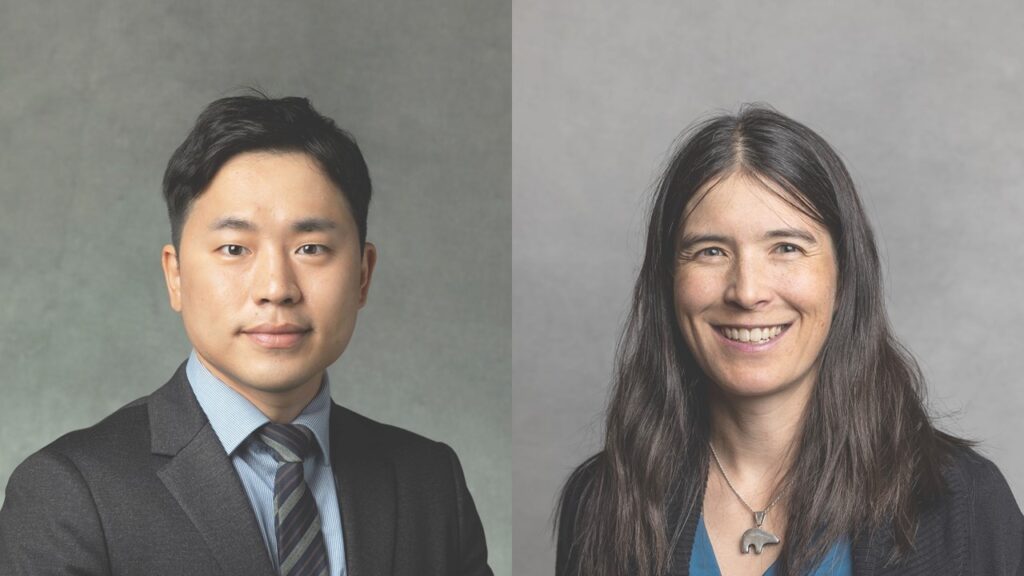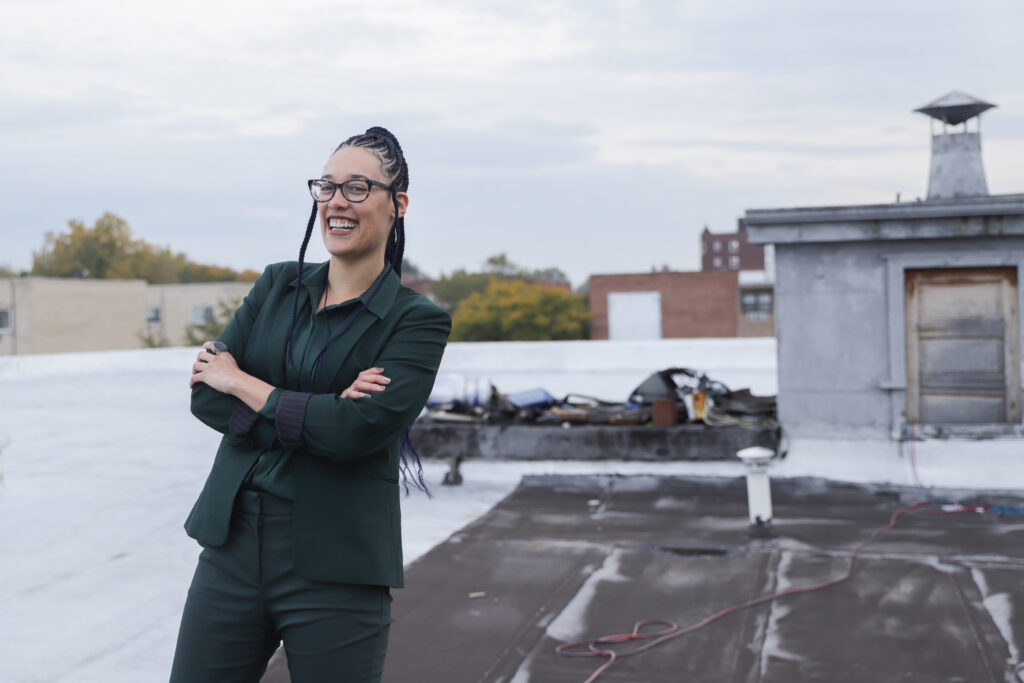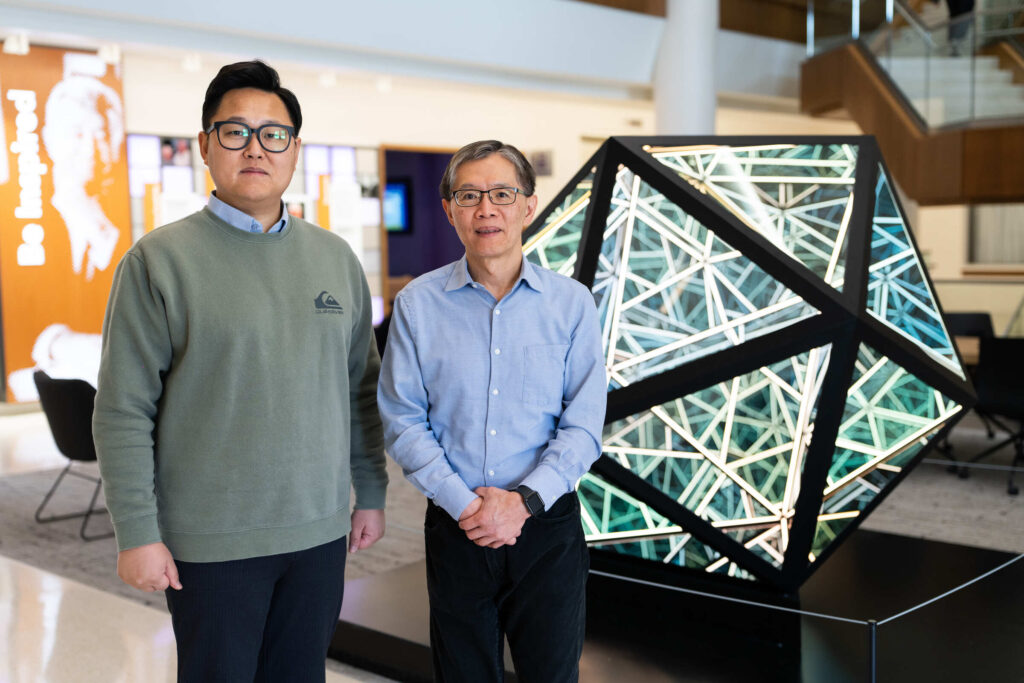The rapidly emerging field of artificial intelligence is accessible to a wide variety of individuals thanks to a new Master of Science degree offered by the University of St. Thomas School of Engineering.
The Master of Science in Artificial Intelligence, developed in consultation with Twin Cities software and tech leaders, will equip students with a comprehensive blend of advanced technical knowledge and practical skills, preparing them for the rapidly evolving tech landscape.
“People could be working for a bank, in law enforcement or some other field, and see this emerging trend about AI. And they might wonder, should I have done computer science in undergrad? Did I miss the bus?” said Dr. Manjeet Rege, professor and chair of the St. Thomas Software and Data Science Program and director, Center for Applied Artificial Intelligence. “No, you have not missed the bus. We have an entirely new bus waiting for you. And that is this master’s degree in artificial intelligence.”

St. Thomas seeks to serve a need in the marketplace by providing skills in emerging technologies. The new Master of Science in AI aims to do the same. “We have kept up with the times and our curriculum gets updated on a semester basis, not on an annual basis,” Rege said.
St. Thomas is the first in Minnesota to launch a Master of Science degree in AI, speaking to the culture of innovation present at Minnesota’s largest private university. Based on the changing needs of the industry, the university has recruited faculty with extensive industry experience.
Spread over 10 courses, the MS in AI tackles various aspects of the developing technology, delving into core AI concepts such as machine learning, neural networks, computer vision, and natural language processing, while emphasizing a hands-on learning experience.
With just one course a week, completion of the program is attainable even with a full-time job. There is no need to have a prior background in any field. One could have a bachelor’s degree in journalism, English or computer science, for instance. The program can be adapted to every schedule, where one can take one, two or three classes a semester. Courses are available in-person, online and hybrid.
Although versions of AI have been in existence for some time, easier access to AI presents productivity tools without ethical guardrails. As a university grounded in moral convictions, ethics is an important part of the program. Brandan Keaveny and Jessica Benzel co-teach the AI Ethics course.
“AI Ethics, by design, creates a continual question for consideration throughout the course: Does the solution (any given artificial intelligence), by design and evidence, promote and improve humanity? If this question cannot be answered, what are the next steps? More importantly, if the question can be answered in the negative, what intervention(s) need to be considered?” Keaveny and Benzel said. “The processes that students will develop as part of their own professional practice in this course and the MS in AI will create a St. Thomas AI community of practitioners ready to advance a world of AI that, by design, promotes and improves humanity.”
Brandan Keaveny and Jessica BenzelThe processes that students will develop as part of their own professional practice in this course and the MS in AI will create a St. Thomas AI community of practitioners ready to advance a world of AI that, by design, promotes and improves humanity.”
This story is featured in the spring 2024 issue of St. Thomas Engineer.







